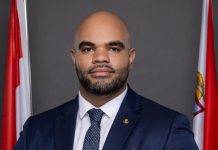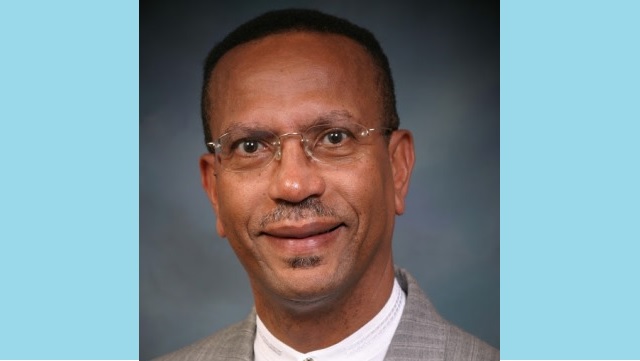One of Parliament’s roles is to supervise the functioning of government. And one of its tools to carry out this supervisory function is the right to ask questions as laid down in article 62 of the Constitution.
This entails parliamentarians submitting their queries in writing to the government via the President of Parliament. Article 63 of the Constitution mentions that a Member of Parliament may also invite the ministers to provide information. Article 62 of the Rules of Order of Parliament states that this invitation will be considered by the President of Parliament, if it is supported by at least one other member of parliament. So, in order to be effective in parliament, a political party should have at least two seats.
As all parties in the current parliament have two seats or more, there is no reason why parliamentarians cannot exercise their right to ask questions and to also invite ministers to parliament to provide the requested information. Yet, more and more we see parliamentarians putting their questions to ministers and government via the media.
This is all good and well, but parliamentarians need to be mindful that a minister or government has no obligation to respond to such queries. During the past months, the faction of the United People’s Party in parliament has been posing quite a number of questions to ministers and government via the media. For example, the Honourable MP Theo Heyliger has expressed his concern about the stagnation of the construction of the new hospital facility. He also raised some critical questions concerning the new immigration rules for yacht and cruise ship crewmembers.
The Honorable MP Franklin Meyers also questioned the government about its “lack of concern for the tourism industry” by not yet having a minister of tourism in place. Last year, MP Meyers had also posed several questions, via the media, to the Minister of Finance concerning the Pearl of China Project. On February 24, 2017, MP Meyers followed the correct procedure by submitting his questions in writing to said Minister. According to MP Meyers, some six months ago, he had submitted several questions in writing to the Honourable Minister Emil Lee, pertaining to the hospital, but never received a response. Reason why he has recently forwarded a second request to the Honorable Minister asking for answers.
A member of parliament should never have to wait six months or more to receive answers from a minister. How can parliament supervise government effectively, having to wait six months or more for information? This is unacceptable in the corporate world and parliamentarians should not tolerate it either. Besides, article 62 of the Constitution states that “the minister shall answer such questions within a reasonable term.”
It seems that, in St. Maarten, only the opposition in parliament is supposed to question and supervise the ministers and the government. However, according to article 62 of the Constitution, the supervision of government is the responsibility of all fifteen members of parliament, the coalition included. All fifteen members must use their given powers to ensure transparency, efficiency and accountability in government. How else will parliamentarians know what is going on in government, if they do not ask relevant and critical questions?
The weekly press briefings of government are not enough. An occasional visit by a minister, to explain a draft law or to give information concerning a current issue, such as the Oyster Pond border situation, is not enough. Parliamentarians need more information than that. Actually, by rights, the ministers should not even be giving press briefings, but should be reporting directly to the parliament who hired them in the first place.
It is the right and duty of every parliamentarian, including the members of the coalition, to question the functioning of the government on behalf of the people. This should not only happen during the budget debates, but it should take place on an ongoing basis throughout the four-year term.
Only when parliamentarians know the vision, the goals, plans and projects of the government can they supervise with some measure of success. Therefore, parliament should demand that the governing program be submitted as soon as possible. If there is any parliamentarian who knows the importance of a governing accord, it is our current President of Parliament, the Honorable Sarah Wescott-Williams, who in 2015 demanded that the government at that time present its governing program and also insisted that it be debated in parliament.
In October 2016, MP Wescott-Williams even presented a list of fifteen issues that she felt should be included in the then governing program. The Daily Herald, on October 12, 2016, quoted her as saying “as the opposition in the incoming parliament, we will observe with a magnifying glass the actions of this government.” Actually, this should be the attitude of every single parliamentarian, namely, to check and challenge the work of government.
SMCP dares each of the fifteen parliamentarians to exercise their right to question, examine and challenge the functioning of the government to ensure proper, transparent and accountable governance during this governing term.
Wycliffe Smith
Leader of the St. Maarten Christian Party






























